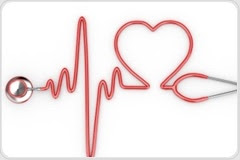| ||||||||||||||||||||||||||||||||||||||||||
| ||||||||||||||||||||||||||||||||||||||||||
| ||||||||||||||||||||||||||||||||||||||||||
| ||||||||||||||||||||||||||||||||||||||||||
| ||||||||||||||||||||||||||||||||||||||||||
| ||||||||||||||||||||||||||||||||||||||||||
martes, 11 de junio de 2019
Medical News | Medical Articles: Study aims to optimize device implantation in patients with atrial fibrillation and stroke risk
Medical News | Medical Articles
Suscribirse a:
Enviar comentarios (Atom)
































.png)












No hay comentarios:
Publicar un comentario